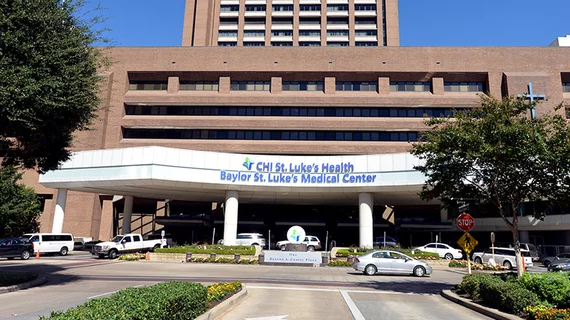Baylor St. Luke’s reopens heart transplant program after review of patient deaths
Baylor St. Luke’s Medical Center in Houston reopened its heart transplant program June 15 after a two-week suspension in which the hospital conducted an internal review of two recent patient deaths.
The problems with the transplant program—including mortality rates and hospital lengths of stay well above the national average—were initially detailed in a joint investigation published in May by the Houston Chronicle and ProPublica.
In a statement on the reopening of the center, the hospital said it “did not identify systemic issues related to the quality of the program,” but has decided to restructure its transplant surgery team. Gabriel Loor, MD, the hospital’s top lung transplant surgeon, will participate in all future heart transplants. The program is also seeking two more cardiac surgeons, according to the Houston Chronicle.
"After reviewing two recent cases and taking steps to strengthen the heart transplant team, we are confident that the program is ready to move forward and serve the critically ill patients and their families who have placed their trust in us," Doug Lawson, CEO of Catholic Health Initiatives Texas Division, which owns St. Luke's, said in the statement. "Our unwavering focus is always to ensure our patients receive the best possible medical care, and in ways that reflect our core values of reverence, integrity, compassion, and excellence."
The statement also said a special transplant committee is going to continue evaluating potential improvements for the program into next year. More than 60 eligible patients are currently on the waiting list for a donor heart through St. Luke’s.
Read more from the Houston Chronicle and ProPublica below:

